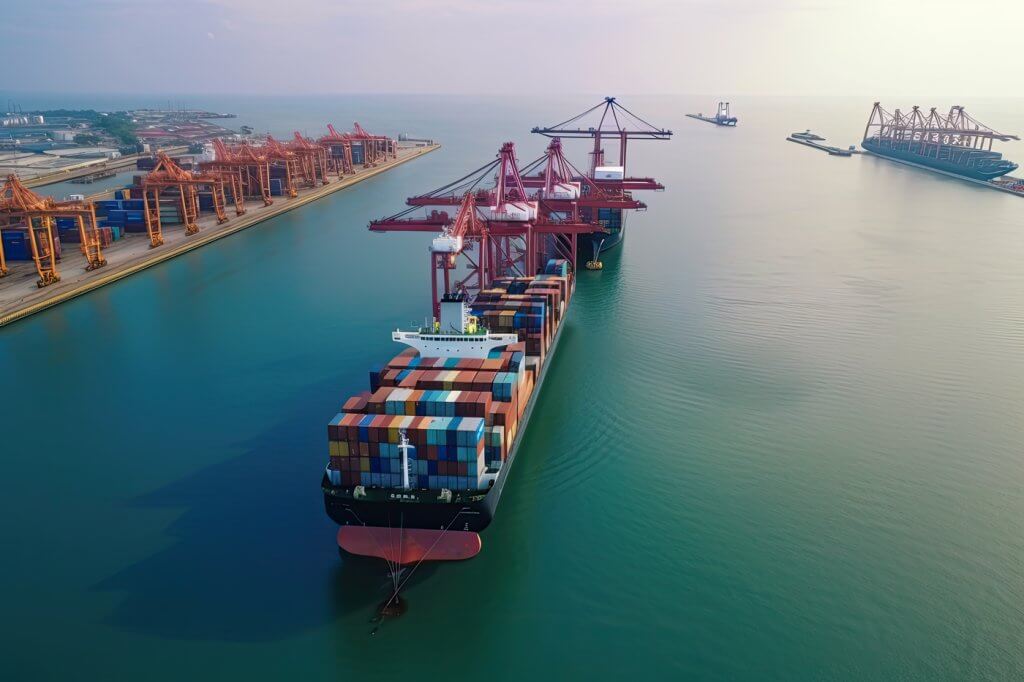
Supply Chain Resilience: Navigating Global Challenges
In this article, I’ll discuss the challenges and strategies for enhancing supply chain resilience in the face of these global challenges.
The Global Landscape
The supply chain of today’s world is intricate, with various components being sourced from multiple countries and products being delivered to customers across the globe. This interconnectedness presents numerous advantages, but it also brings vulnerabilities. Manufacturers must overcome climate change, trade tensions, and lessons learned from the recent COVID-19 pandemic.
Climate Change and Supply Chain Disruptions
Climate change is causing a rise in severe weather incidents like hurricanes, floods, and wildfires. These occurrences cause transportation disruptions, infrastructure damage, and raw material shortages. Manufacturers are now prioritising climate adaptation and mitigation strategies to protect their supply chains.
Geopolitical Shifts and Trade Tensions
Manufacturers must be proactive and well-informed about global events like trade disputes and political alliances to maintain a stable supply chain. These events can cause a variety of disruptions, including delays, shortages, and increased costs. Diversifying the supplier base by working with multiple suppliers in different regions is an effective strategy to minimise the risks associated with geopolitical developments.
The Pandemic Effect
The COVID-19 pandemic highlighted the weaknesses of supply chains. Manufacturing delays occurred due to lockdowns, labour shortages, and transportation disruptions. In response, companies are reassessing their strategies to ensure smooth operations even during times of crisis.
Strategies for Supply Chain Resilience
A comprehensive approach is needed to improve the supply chain’s resilience. Here are some strategies that can be considered:
- Diversify Suppliers: Relying on a single supplier for critical components is risky. Diversifying your supplier base can help mitigate potential disruptions.
- Risk Assessment: Develop contingency plans for supply chain vulnerabilities, including natural disasters and political instability.
- Data-Driven Decisions: Monitor your supply chain in real-time with data analytics to identify issues early and make informed decisions quickly.
- Inventory Management: To ensure seamless production, it’s vital to maintain optimal inventory levels and plan for short-term disruptions.
- Agile Response: Develop agile processes for quick pivots in response to unexpected events.
- Sustainability: Embracing sustainable practices is critical for environmental responsibility and resilience. Sustainable supply chains are often more robust in the face of global challenges.
Conclusion – Resilience as a Competitive Advantage:
In today’s world, where we face numerous global challenges, having a resilient supply chain is not just a buzzword but a significant competitive advantage. Manufacturers who invest in strategies to navigate climate change, geopolitical shifts, and unexpected crises position themselves to thrive in adversity. Building a resilient supply chain is not a one-time fix; it requires an ongoing commitment to adaptability, innovation, and preparation for any global challenges that the future may bring.